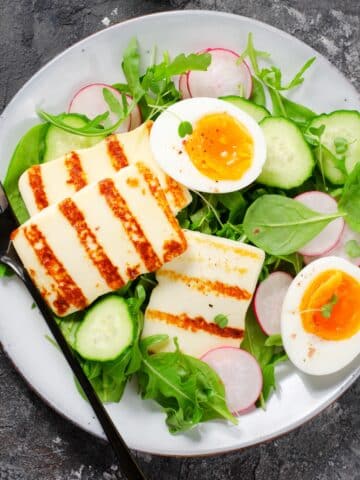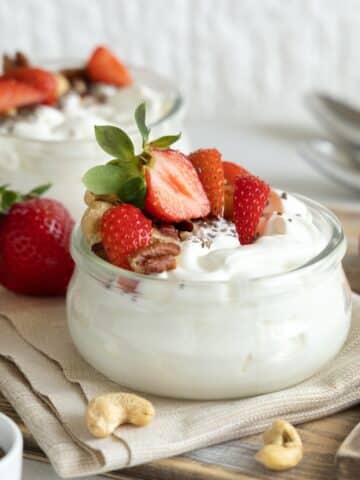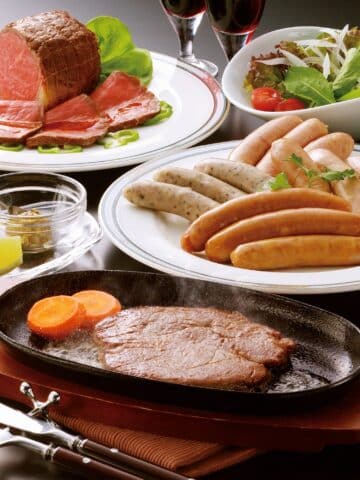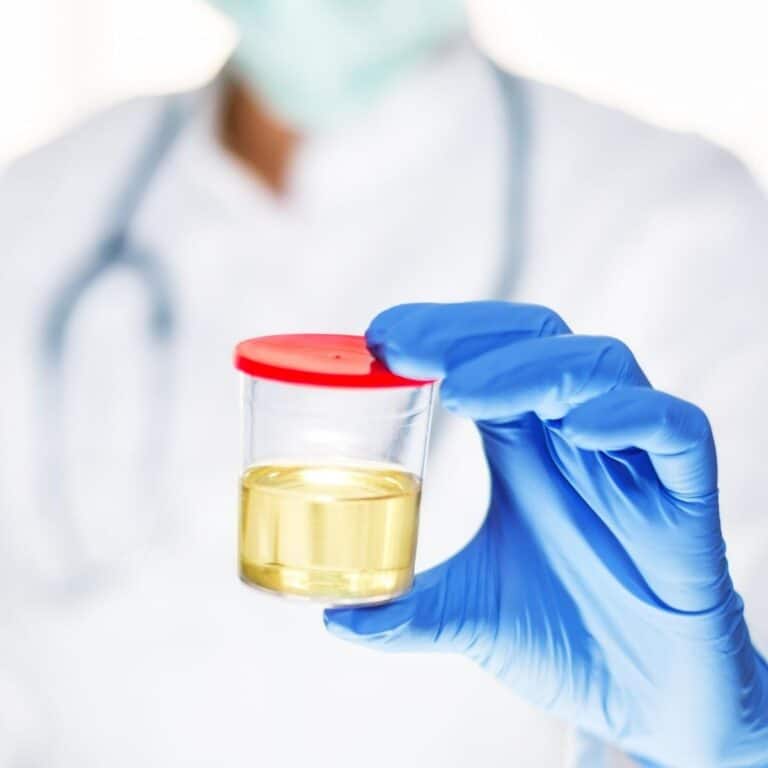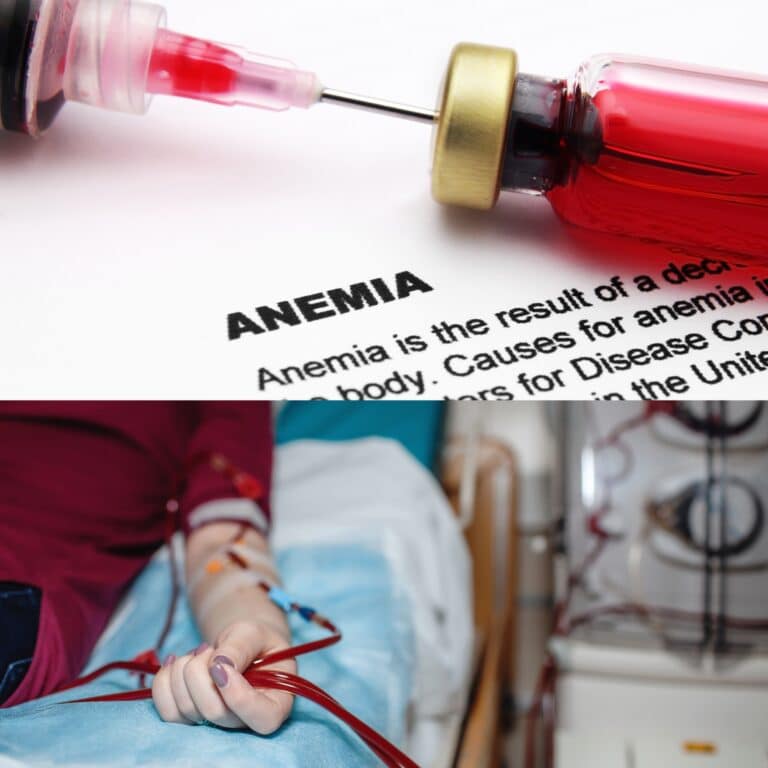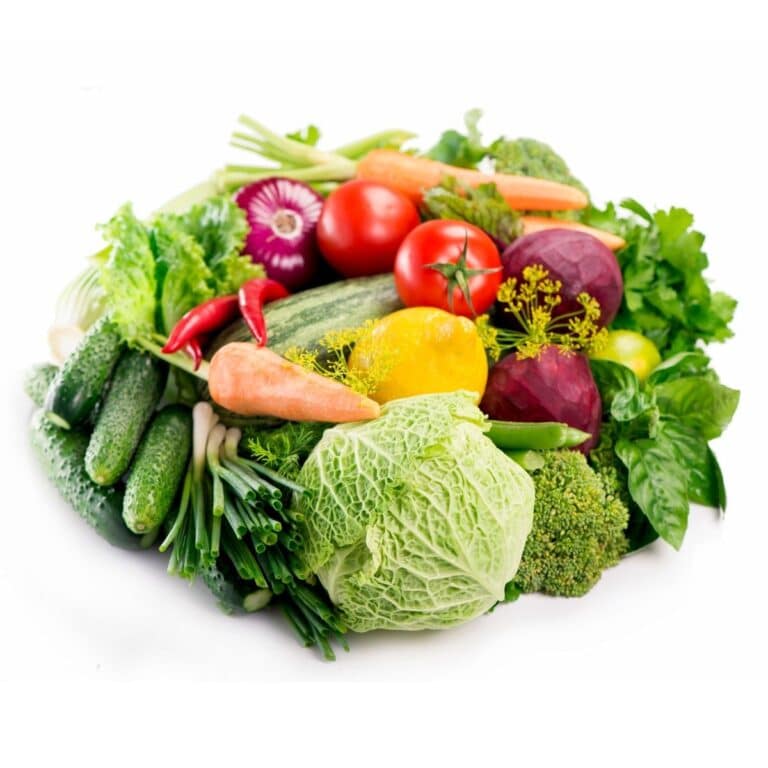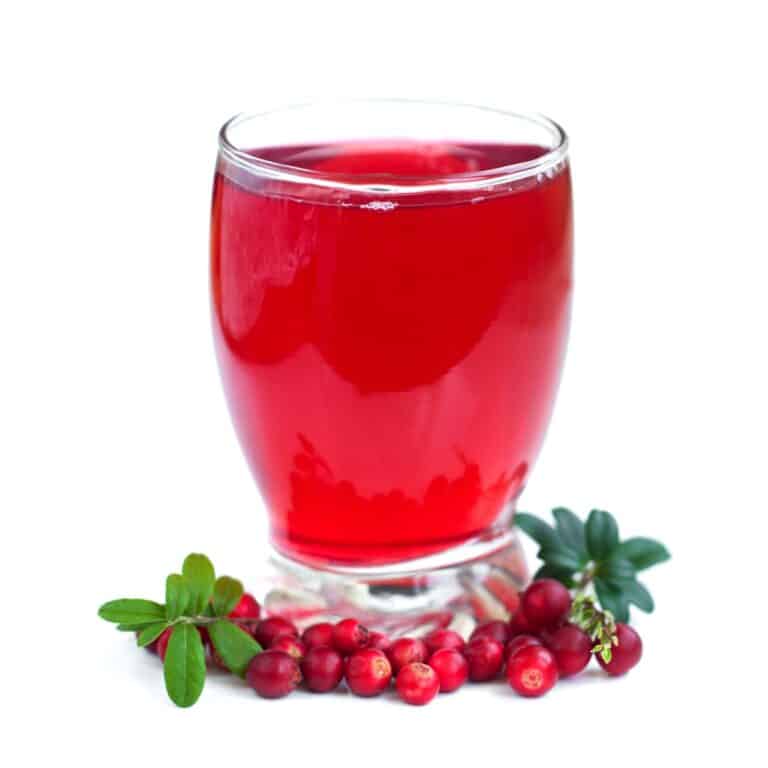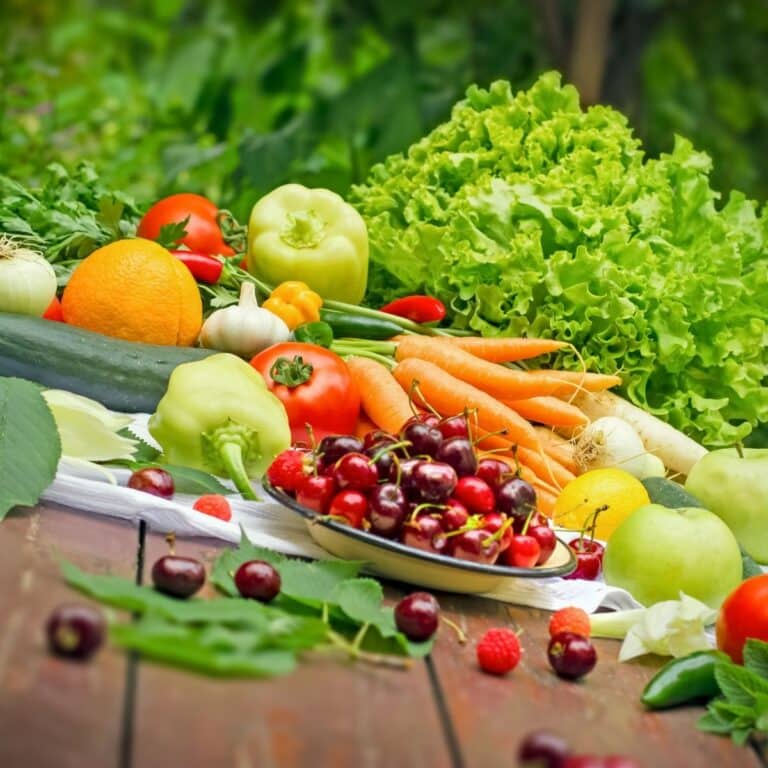Fluids to Hydrate With Kidney Disorder
Kidney failure comes with a host of challenges that are very specific. One of these is the issue of fluid intake. In most cases with other illnesses, doctors recommend that patients drink water as much as possible.
With kidney failure, specifically in end stage kidney disease, the opposite is true and renal patients have to avoid excess fluid intake. This can be a tough issue to balance.
One of the main functions of the kidneys is to flush out excess fluid, as well as waste and other byproducts. When they are not functioning properly, they are unable to flush out the excess fluid, which can lead to a host of very uncomfortable and potentially very dangerous adverse effects.
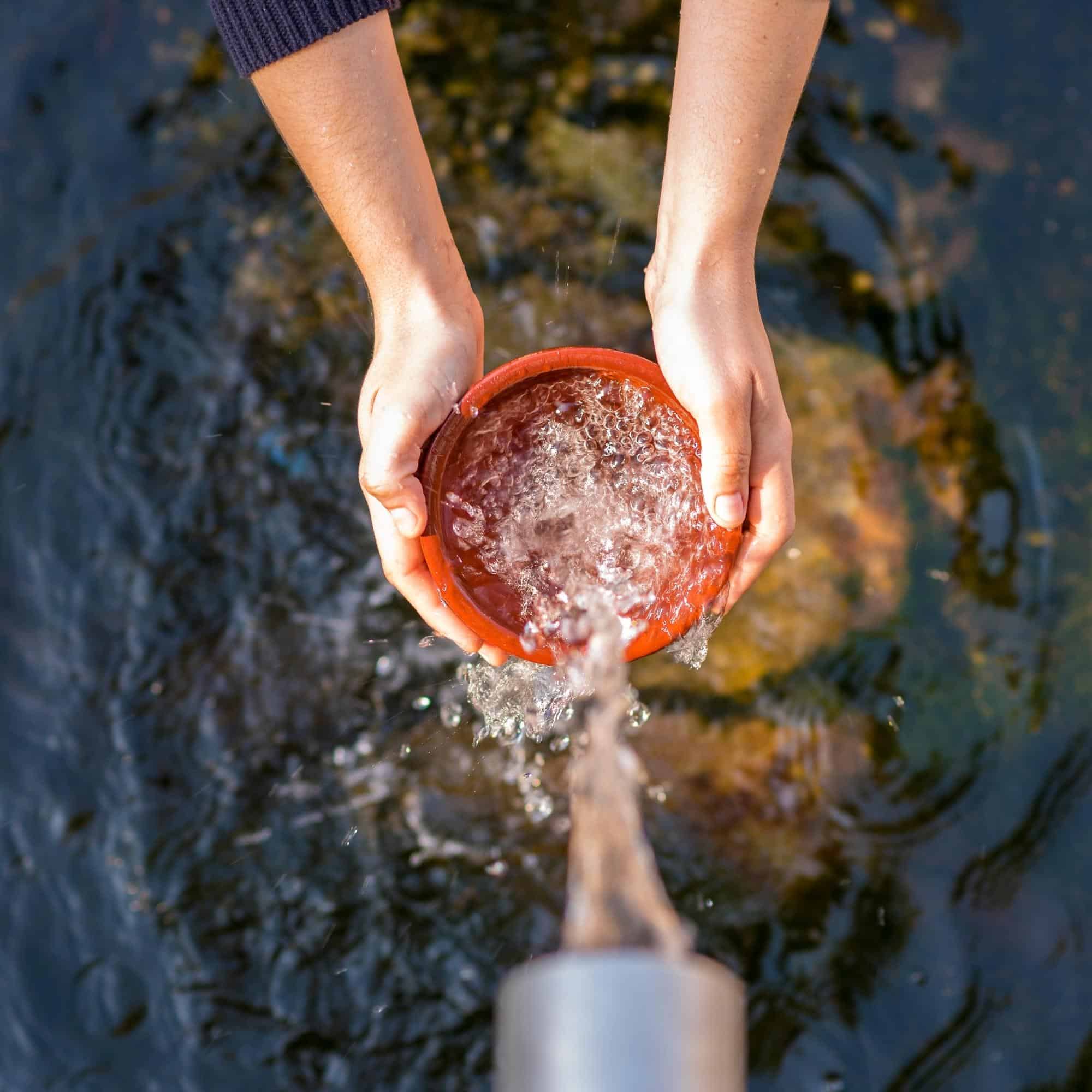
Typically, fluid restrictions are given in the later stages of kidney disease, such as in the case of end stage renal failure. Especially if you are on dialysis, you will likely be given strict fluid restrictions. This is all to help keep you safe and comfortable.
Jump to:
- Key Takeaways
- Water Consumption Recommendations for Kidney Disorder
- Water Intake Guidelines for Kidney Failure Patients
- Potential Dangers of Excessive Water Intake for Kidney Disorder
- Monitoring Hydration Through Urine Color in Kidney Disorder
- Hydration Options for Kidney Disorder
- Fluid Restrictions for Kidney Failure
- Importance of Sodium Restrictions in Kidney Disorder
- FAQs for Fluids to Hydrate with Kidney Disorder
- Hydration Considerations in CKD may be Challenging, But with the Right Knowledge, It’s Manageable
Key Takeaways
- Fluid intake guidelines for kidney disorders vary among health authorities, emphasizing individualization based on factors like CKD stage and health conditions.
- Adhering to recommended fluid limits helps manage fluid overload in dialysis dependent patients, preventing complications and maintaining a healthy fluid balance.
- Hyponatremia, characterized by low sodium levels, poses risks for renal patients, emphasizing the importance of monitoring sodium intake and seeking medical guidance.
- Monitoring urine color assists in evaluating hydration levels, offering insight into kidney function and risk of dehydration.
- Herbal teas, diluted fruit juices, and clear broths are hydrating alternatives for renal patients, while high-sodium and sugary drinks should be avoided.
For More Recipes and Ideas --->> Get Your Free Meals and Recipes That Are Perfect for Pre-Dialysis Diets, Pre-Dialysis with Diabetes, or Dialysis Diets.
Water Consumption Recommendations for Kidney Disorder
Understanding how to effectively manage your fluid intake is crucial, especially when dealing with kidney disorders. You're about to delve into the details of fluid intake guidelines (fluid restriction guidelines for CKD) tailored for renal health, and learn how to navigate through the nuances of managing fluid restrictions.
This discussion will equip you with the knowledge needed to maintain optimal hydration levels while ensuring that your kidneys aren't overburdened, providing a balance that's vital for your overall wellbeing.
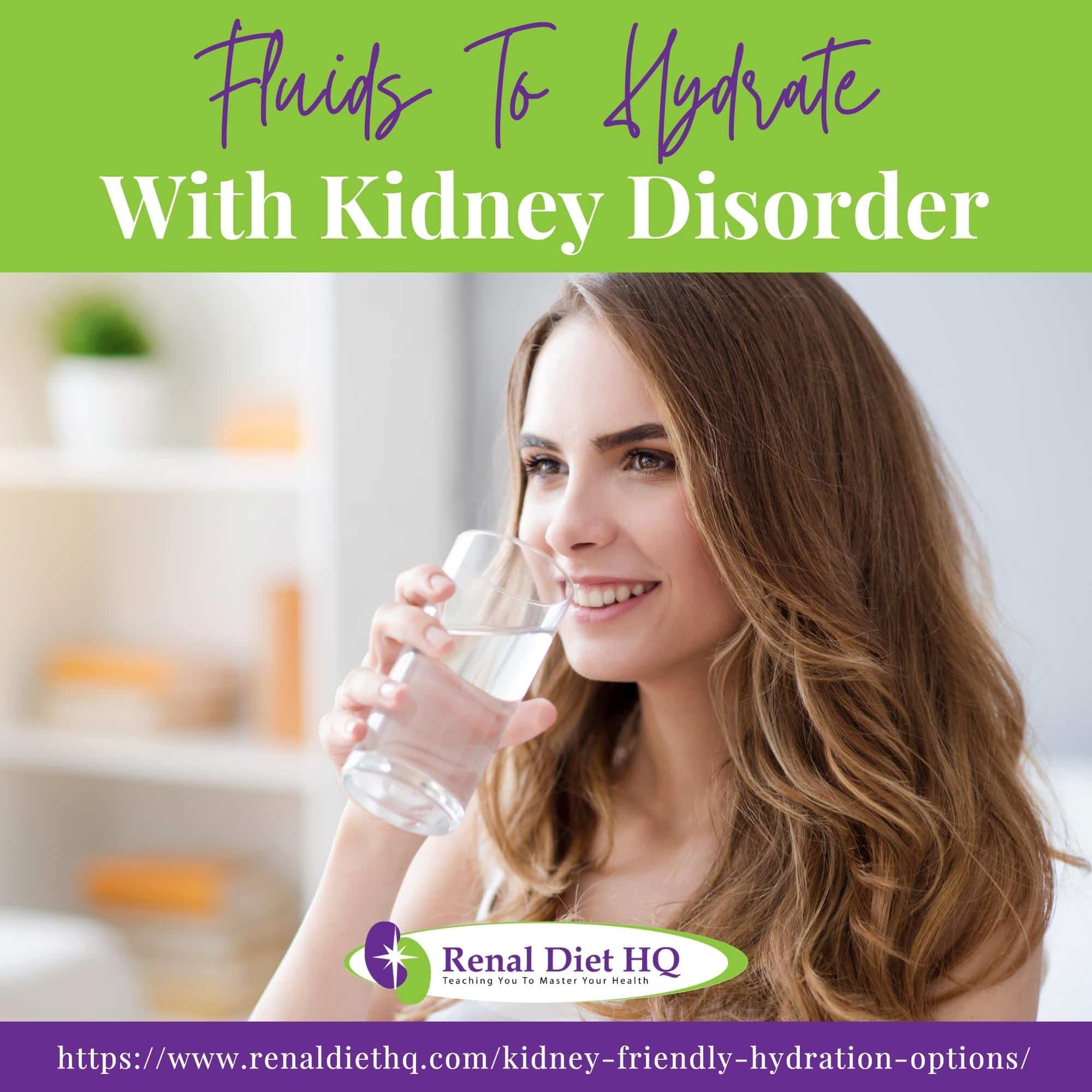
Fluid Intake Guidelines
Fluid intake guidelines for individuals with Chronic Kidney Disease (CKD) play a crucial role in maintaining kidney function and overall health. Discrepancies in recommendations from different health authorities highlight the complexity of managing daily fluid intake in CKD.
The National Kidney Foundation advises a daily water intake of 3 L for men and 2.2 L for women with CKD. This recommendation takes into account factors such as age, weight, and physical activity level. Sufficient water intake helps prevent recurrent dehydration and supports kidney function by promoting optimal renal blood flow and waste elimination.
On the other hand, French health authorities suggest a more conservative guideline of 1.5 liters of water, with the suggestion to adjust this amount according to thirst and urine excretion. This approach aims to prevent fluid overload and strain on the kidneys, particularly in advanced stages of CKD where the kidneys' ability to excrete excess fluids may be compromised.
Individualization is key when determining liquid intake in CKD. Factors such as the stage of kidney disease, coexisting medical conditions, and prescribed medications can influence the appropriate amount of fluids to consume.
Consulting a healthcare professional, ideally a nephrologist or registered dietitian, is essential to tailor fluid intake recommendations based on individual needs.
Managing Fluid Restrictions
Managing fluid restrictions in Chronic Kidney Disease demands a thoughtful approach to maintain hydration while safeguarding renal function. Firstly, adhere to patient care guides tailored to your specific stage of CKD.
Monitor your liquid intake diligently, considering not only beverages but also extra water content in foods. Opt for small, frequent sips rather than large gulps, helping control thirst while avoiding overload. Choose foods with lower salt content to mitigate fluid retention.
Engage in conversations with a registered dietitian to craft a fluid-conscious meal plan. Measure and track fluid intake, utilizing tools like a water bottle with predefined measurements.
Lastly, keep an open line of communication with your healthcare team to address any concerns or fluctuations in your condition effectively.
Rules of Hydration
Doctor's Orders: First of all, it is imperative that you follow your doctor's orders first and foremost. Your doctor is familiar with your specific case and will let you know when or if you need to follow any restrictions.
If you are concerned about your fluid intake or your given restrictions, you should have a discussion with your doctor. No information that you get from a book or the internet can replace your own doctor's advice.
Fluids In Foods: If you are under strict fluid restrictions, you also need to be wary of fluids that are found in foods. After all, the water content of some foods, such as grapes and other fruit, can be significant (water rich foods).
Sodium Intake: Sodium is a huge factor when it comes to fluid retention. So make sure that you are being extra vigilant about sodium if you are on a fluid restrictive diet.
Water Intake Guidelines for Kidney Failure Patients
Maintaining appropriate water intake is crucial for individuals with kidney failure or end stage renal disease who undergo dialysis, as achieving the right balance helps manage fluid retention, support overall health, and optimize the effectiveness of dialysis treatments.
Optimal Fluid Intake
Optimal fluid intake is a critical consideration for dialysis patients to prevent complications associated with fluid overload. The National Kidney Foundation recommends a general guideline of limiting intake to around 32 ounces of fluid (about 1 liter) per day for most dialysis patients.
This restriction is essential because compromised kidney function in end stage renal disease often leads to reduced liters of urine output, resulting in fluid retention and potential strain on the heart and other organs.
Adhering to this recommended limit aids in controlling blood pressure, avoiding edema, and reducing the risk of electrolyte imbalances. However, individual needs and fluid allowance can vary based on factors such as body weight, sweat output, and the type of dialysis being administered.
Regular communication with healthcare providers, especially nephrologists and dietitians, is crucial to fine-tune fluid restrictions to the patient's specific condition and requirements.
This collaborative approach ensures that dialysis patients maintain a healthy body fluid balance while optimizing the efficacy of their treatments.
Importance of Restrictions
Fluid restrictions bear immense significance in the care of dialysis patients, primarily due to the potential complications arising from fluid overload. When compromised kidneys fail to effectively eliminate excess fluids, fluid accumulation can lead to edema, elevated blood pressure, and strain on the heart.
This not only heightens the risk of cardiovascular events but can also result in pulmonary congestion, causing difficulty in breathing. Moreover, fluid overload can undermine the efficiency of dialysis treatments, leading to inadequate toxin removal and electrolyte disturbances.
Adhering to prescribed fluid limits helps prevent these complications by maintaining a delicate balance between fluid intake and output. By controlling fluid intake, dialysis patients can better manage blood pressure (high blood pressure and kidney disease), reduce stress on the cardiovascular system, and enhance overall well-being.
Collaborating with healthcare professionals, renal patients can gain insights into their individual fluid needs, allowing for a personalized approach to fluid management that maximizes the benefits of dialysis while minimizing the risks associated with fluid overload.
Potential Dangers of Excessive Water Intake for Kidney Disorder
You're probably aware that hydration is vital for health. But did you know it's possible to overdo it? Overhydration can lead to a condition known as hyponatremia, where your body's sodium levels drop dangerously low.
It's crucial for you to understand the risk factors of hyponatremia and learn how to balance your hydration needs. This is especially important if you're dealing with a kidney disorder.
Hyponatremia Risk Factors
Hyponatremia poses specific risks for Chronic Kidney Disease patients due to impaired kidney function. As kidneys struggle to regulate fluid and electrolyte balance, sodium levels may drop. Excessive fluid intake, common among renal patients unaware of their restricted capacity to excrete fluids, can dilute sodium.
Certain medications, like diuretics, further impact sodium balance. renal patients are prone to Syndrome of Inappropriate Antidiuretic Hormone (SIADH), causing water retention and hyponatremia. Concurrent conditions like heart failure and liver disease increase risk.
Vigilance in managing fluid intake and medications (ckd and diabetes medications), along with regular medical monitoring, is crucial to mitigate hyponatremia's dangerous consequences in CKD patients.
Complications
Hyponatremia, a condition marked by low blood sodium levels, presents distinctive symptoms and complications that can significantly impact individuals with Chronic Kidney Disease.
CKD patients experiencing hyponatremia might display symptoms like confusion, fatigue, headache, nausea, and muscle cramps. In severe cases, loss of consciousness, seizures, hallucinations, and even coma can occur due to brain swelling resulting from the shift in electrolyte balance.
Complications of hyponatremia in CKD patients are numerous and grave. It can exacerbate fluid retention, leading to swelling (edema) and worsened hypertension. Cognitive disturbances and falls due to altered mental states pose additional risks, especially in the elderly.
Moreover, hyponatremia can disrupt the heart's electrical signaling, potentially causing irregular heartbeats and worsening cardiovascular health. To mitigate these dangers, CKD patients must diligently adhere to sodium and fluid intake guidelines, communicate symptoms promptly to healthcare providers, and work closely with medical professionals to address this electrolyte imbalance to ensure their overall well-being.
Monitoring Hydration Through Urine Color in Kidney Disorder
It's crucial to monitor hydration through urine color when dealing with a kidney disorder. Urine composition changes can be an early indicator of dehydration impacts on the human body, which directly affects kidney function.
Your kidneys need plenty of water to filter waste from the blood effectively. So, how often should you hydrate? Hydration frequency varies based on individual needs; however, an average adult should aim for 8-10 glasses of water a day.
To help understand this better, let's look at a table categorizing different levels of hydration as indicated by urine color:
| Urine Color | Hydration Level | Possible Interpretation |
| Light Yellow | Normal Hydration | Kidney function improvement likely |
| Dark Yellow | Mild Dehydration | Increase fluid intake promptly |
| Amber or Honey | Moderate Dehydration | Not enough water intake |
| Brown Ale or Syrup | Severe Dehydration | Seek immediate medical attention |
Not all these may be applicable for all patients. For people with kidney disease already, there may be different factors to consider.
While what was discussed here provides a useful guide, this is not a replacement for medical advice. Hence, it is still best to consult a healthcare provider if you have concerns about urinary changes.
Hydration Options for Kidney Disorder
You're about to delve into an important topic concerning kidney disorder, the best hydrating beverages and how to effectively manage your fluid plan.
It's crucial that you're well-informed about which drinks offer top-notch hydration without exacerbating your condition, as well as how much and when you should be consuming them.
This discussion will provide you with medically accurate, detailed information needed to make wise decisions for your health.

Best Hydrating Beverages
For individuals with kidney disease navigating fluid restrictions, selecting the right hydrating beverages is vital. Optimal choices include plain water, herbal teas, and diluted fruit juices. These options offer hydration without excessive fluid intake.
Herbal teas like chamomile or peppermint are caffeine-free and gentle on the kidneys. Diluted fruit juices provide flavor and nutrients with reduced sugar content. It's essential to avoid high-sodium and sugary beverages, such as regular soft drinks and energy drinks (are sugar-free energy drinks bad for your kidneys), which can exacerbate fluid retention and strain on the kidneys.
There are many beverage options that doctors will ask you to completely avoid, due to many factors. Again, you should always follow your doctor's advice and ask him/her for a list of good hydration options for you.
Here are some more safe options for hydration:
- Lemonade: Lemonade is generally considered safe for kidney disease patients. The lemon helps to cleanse your kidneys. Make sure to make your own lemonade or choose all natural versions. Kool-Aid type lemonade isn't real and instead adds a bunch of additives and chemicals to your body.
- Cranberry Juice: Cranberries have long been touted for their positive effects on the kidneys. Make sure you are choosing 100% juice and not “juice cocktail”.
- Ice Chips: If you are on very strict fluid restrictions, you may find yourself thirsty but have very few options to do anything about it. Ice chips are a good way to help with dry mouth and help you feel less thirsty.
- Popsicles: Frozen juice popsicles, such as orange or cranberry juice pops, are also a great option for wetting your mouth when it gets too dry.
Consulting a healthcare provider or dietitian for personalized guidance on fluid intake and beverage choices tailored to individual kidney function is paramount for maintaining both hydration and overall renal health.
Managing Fluid Intake
Kidney patients should steer clear of certain beverages to safeguard their renal health. High-sodium drinks like regular soft drinks, sports drinks, and some bottled teas can elevate blood pressure and worsen fluid retention.
Caffeinated beverages like coffee and certain teas can prompt dehydration and overwork the kidneys. Alcoholic drinks pose risks by interfering with medication effectiveness and potentially harming kidney function (alcohol and dialysis).
Sugary beverages like fruit juices and sweetened sodas can lead to unhealthy weight gain and blood sugar spikes, impacting overall health. Energy drinks laden with caffeine and stimulants should be avoided due to potential harm to the heart and kidneys.
It's crucial for kidney patients to prioritize hydrating options, adhere to their fluid restrictions, and consult healthcare providers or dietitians for personalized advice on beverage choices that support renal well-being.
Fluid Restrictions for Kidney Failure
Fluid restrictions are a fundamental aspect of managing dialysis patients' health, aiming to prevent fluid overload and its associated complications. Due to compromised kidney function, these patients are often unable to effectively regulate fluid balance, leading to fluid retention, elevated blood pressure, and strain on the cardiovascular system.
To manage fluid overload, dialysis patients must adhere to prescribed fluid limits. Monitoring and controlling fluid intake is crucial. This includes not only beverages but also accounting for high-water-content foods like soups (kidney friendly soups and stews), fruits, and vegetables.
Strategically spreading fluid intake throughout the day and avoiding large boluses can help prevent overwhelming the body's ability to process fluids.
Engaging in regular dialysis treatments per the recommended schedule is vital, as dialysis removes excess fluids and waste products from the blood. Maintaining a proper sodium intake is also essential, as excessive sodium consumption can contribute to fluid retention.
Furthermore, close collaboration with healthcare professionals, particularly nephrologists and dietitians, is crucial. They can tailor fluid restrictions to each patient's specific needs based on factors like age, weight, comorbidities, and dialysis type.
Educating patients about the importance of adhering to fluid restrictions and providing strategies to manage thirst effectively are also vital components of fluid overload management.
Importance of Sodium Restrictions in Kidney Disorder
Sodium restriction is paramount in preventing fluid overload among dialysis patients. High sodium concentration can lead to water retention and exacerbate fluid imbalances, which can cause additional kidney damage. By controlling sodium intake, dialysis patients can help maintain a healthier fluid balance and reduce the risk of related complications.
To manage sodium intake, patients should carefully read food labels (read labels carefully as a kidney patient) and choose low-sodium options. Fresh, whole foods are preferred over processed ones, as the latter often contain hidden sodium.
Rinsing canned vegetables or choosing low-sodium versions can also help minimize sodium consumption. Cooking at home with herbs, spices, and salt substitutes instead of table salt can enhance flavor without excess sodium.
Foods to limit or avoid include canned soups, processed meats, pickled foods, packaged snacks, and high-sodium condiments. Dining out less frequently can also assist in maintaining sodium control, as restaurant meals tend to be higher in sodium content.
FAQs for Fluids to Hydrate with Kidney Disorder
Aside from water, individuals with kidney disorders can consume herbal teas (like chamomile or peppermint), diluted fruit juices, and limited amounts of clear broths. Herbal teas offer hydration without caffeine or added sugars. Diluted fruit juices provide flavor and nutrients with reduced sugar content.
Clear broths can contribute to hydration while adding some variety. It's essential to avoid high-sodium, sugary, and caffeine-rich beverages like regular soft drinks, energy drinks, and alcoholic beverages, as they can exacerbate kidney issues. Consulting a healthcare provider or registered dietitian for personalized guidance on suitable beverage choices is recommended.
Diet plays a pivotal role in influencing fluid needs for individuals with kidney disorders. High-sodium diets can lead to fluid retention, increasing the need for fluid restriction. Consuming excess salt can also aggravate hypertension and strain on the kidneys.
Conversely, a balanced and low-sodium diet can help maintain proper fluid balance. Why low protein diet in kidney disease? Monitoring protein intake is essential, as excessive protein consumption can burden the kidneys and require increased fluid intake for waste elimination.
Working closely with healthcare professionals and adhering to recommended dietary guidelines tailored to one's kidney condition ensures optimal fluid management and overall renal health.
Yes, the type of kidney disorder significantly influences fluid intake recommendations. Individuals with conditions like chronic kidney disease or kidney failure often need to restrict fluid intake due to compromised kidney function. On the other hand, certain kidney disorders can lead to excessive fluid loss through urine, necessitating increased fluid consumption.
The nature of the disorder also determines the type of fluids – some might need to limit sodium-rich beverages, while others might require electrolyte-rich solutions. Healthcare professionals tailor fluid guidelines based on the specific kidney disorder, its stage, and the individual's overall health to ensure proper hydration and kidney function.
Individuals with kidney disorders should be vigilant about signs of dehydration, as compromised kidney function affects fluid balance. Specific signs include dark or concentrated urine, decreased urine output, dry mouth, increased thirst, fatigue, dizziness, and confusion. These symptoms may arise due to the kidneys' reduced ability to regulate fluids.
Prompt attention to dehydration is crucial, as it can lead to further renal damage and complications. Staying attuned to these warning signs and seeking medical advice for timely intervention is essential for maintaining hydration and supporting kidney health in individuals with kidney disorders (steps to improving kidney health).
Physical activity or exercise (exercise for CKD Patients) can impact hydration needs for individuals with kidney disorders. Increased activity levels can lead to higher fluid loss through sweating, which may elevate the risk of dehydration. For those with compromised kidney function, maintaining proper hydration is crucial to prevent strain on the kidneys.
Adequate fluid intake, tailored to both exercise intensity and individual kidney condition, becomes essential. Consulting healthcare professionals or registered dietitians can provide personalized guidance on fluid needs, helping strike a balance between staying active and preserving proper fluid balance to support overall kidney health.
Hydration Considerations in CKD may be Challenging, But with the Right Knowledge, It’s Manageable
Managing fluid intake is a critical aspect for individuals dealing with kidney disorders. This article has provided comprehensive insights into fluid intake guidelines, managing fluid restrictions, monitoring hydration, and making appropriate beverage choices.
By understanding the significance of tailored fluid intake based on specific kidney conditions, individuals can maintain optimal hydration levels while preventing complications associated with fluid overload (kidney friendly drinks).
Adhering to recommended guidelines, collaborating with healthcare professionals, and remaining vigilant about dehydration symptoms are key steps to preserving kidney health. Ultimately, informed decisions about diet, hydration, and lifestyle can significantly contribute to the well-being of those navigating the challenges of kidney disorders.

